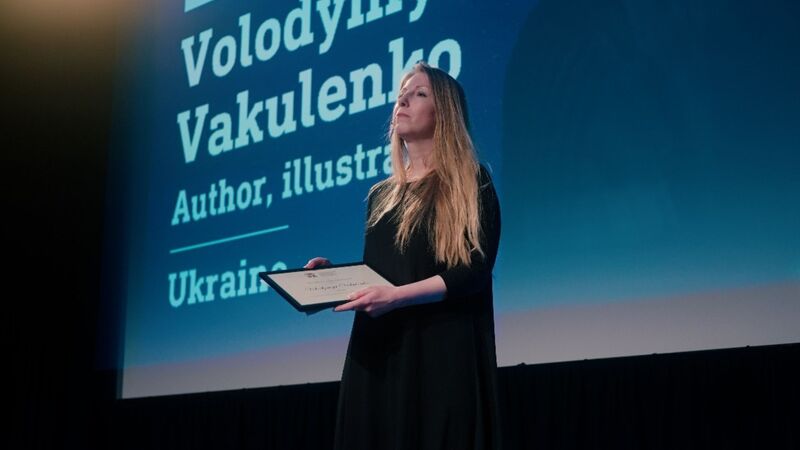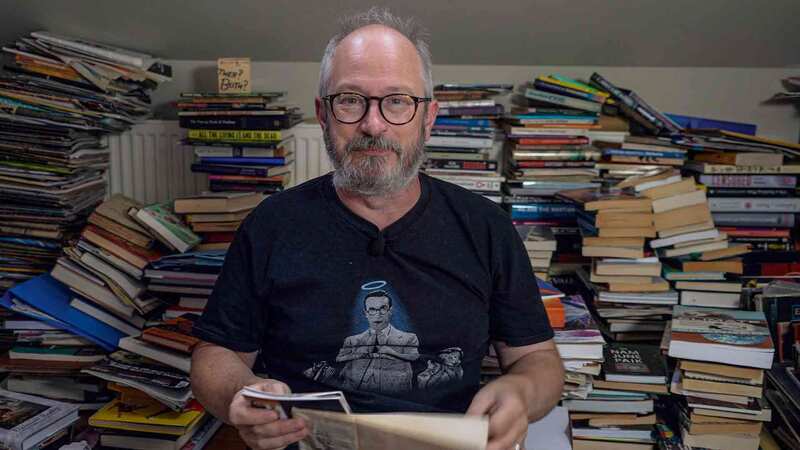You are viewing your 1 free article this month. Login to read more articles.
Beevor demands apology over Stalingrad ban
Author Sir Antony Beevor has called for an apology following a ban of his book, Stalingrad (Penguin) in Ukraine, branding its prohibition "utterly outrageous".
The 1998-published bestseller about the brutal second world war battle for the Russian city won the Samuel Johnson Prize, the Wolfson Prize for History and the Hawthornden Prize for Literature. However it was banned in Ukraine last week, alongside 24 other books (mostly by Russian authors), for "anti-Ukrainian" content.
In particular "several passages" about the wartime massacre of 90 Jewish children by Ukrainian militia was one reason the book's import was barred, according to Radio Free Europe (RFE), which spoke to Serhiy Oliyinyk, head of the Ukrainian Committee for State TV and Radio Broadcasting’s licensing and distribution control department, who said the massacres had never been confirmed by war crimes prosecutors.
"When we checked the sources he used, we found out he used reports of the People’s Commissariat for Internal Affairs. It was enough to discuss the issue at expert council and we are happy they supported us," said Oliyinyk.
Beevor told the Guardian the authorities had no grounds for the book's ban and that the source he used was a book by an anti-Nazi German officer, Helmuth Groscurth.
"It’s utterly outrageous," said Beevor. "They have no reason for doing it. It’s quite clear both in the Russian edition and English edition what the source was and where it came from – this rather brave and religious officer [Groscurth] who protested strongly, despite threats he would be reported to Himmler … about this massacre of the children. There’s no way the Soviets would even have known about it,” said Beevor.
He further told the Times: "I am demanding an apology and the reversal of the decision to impound the book."















